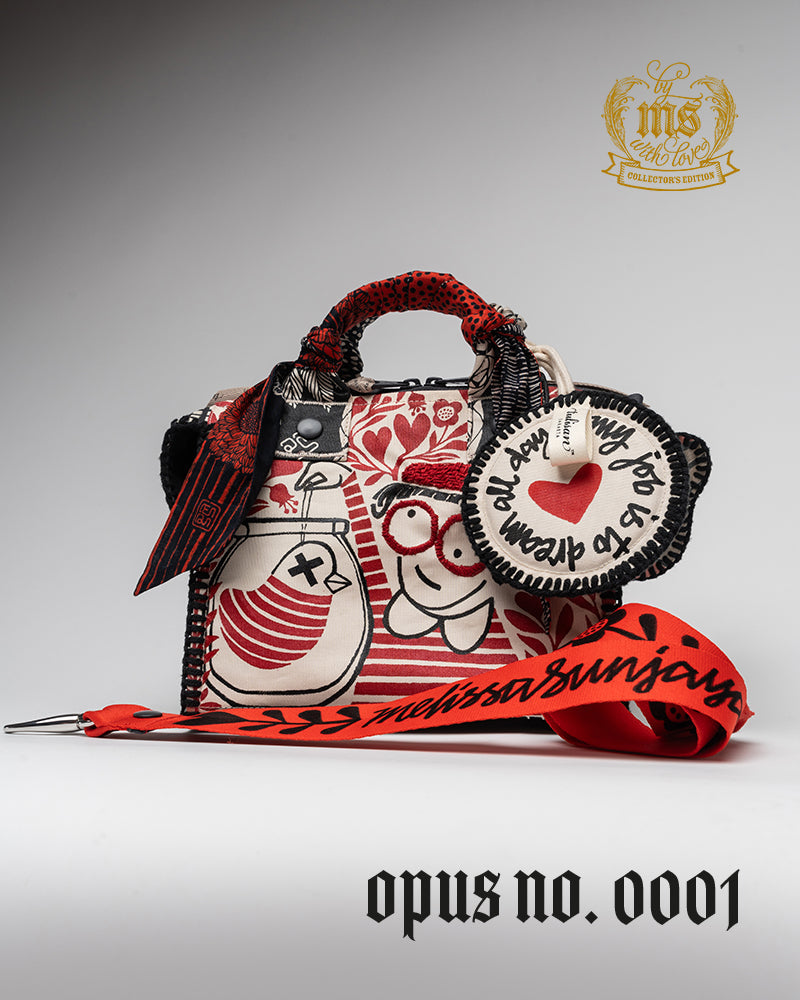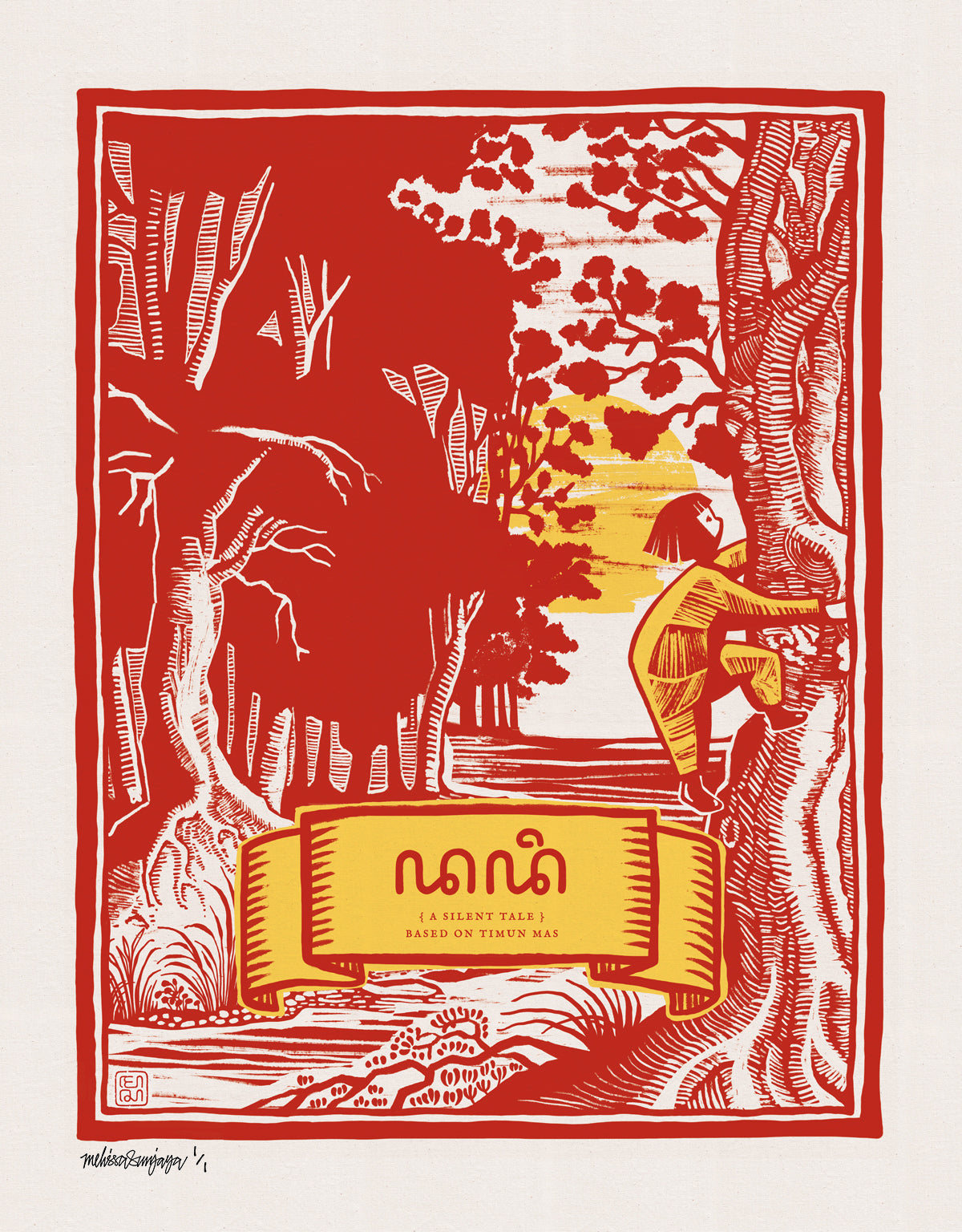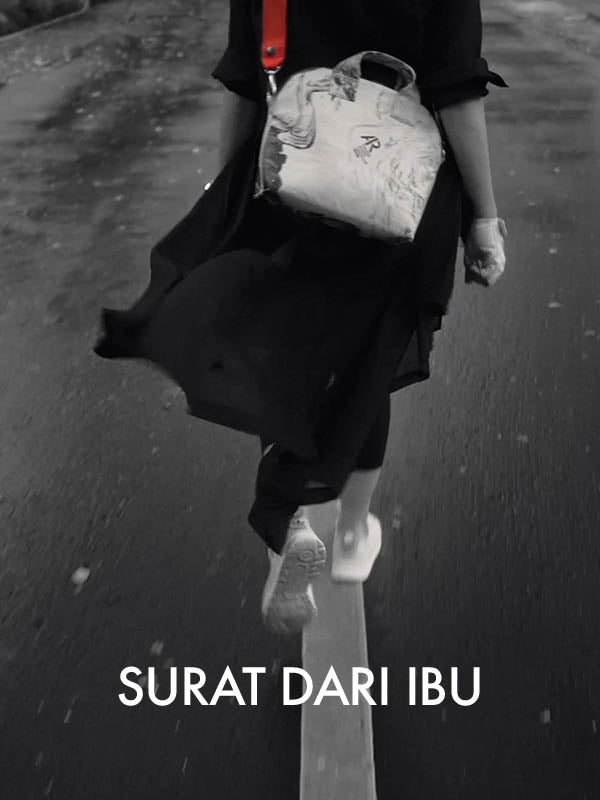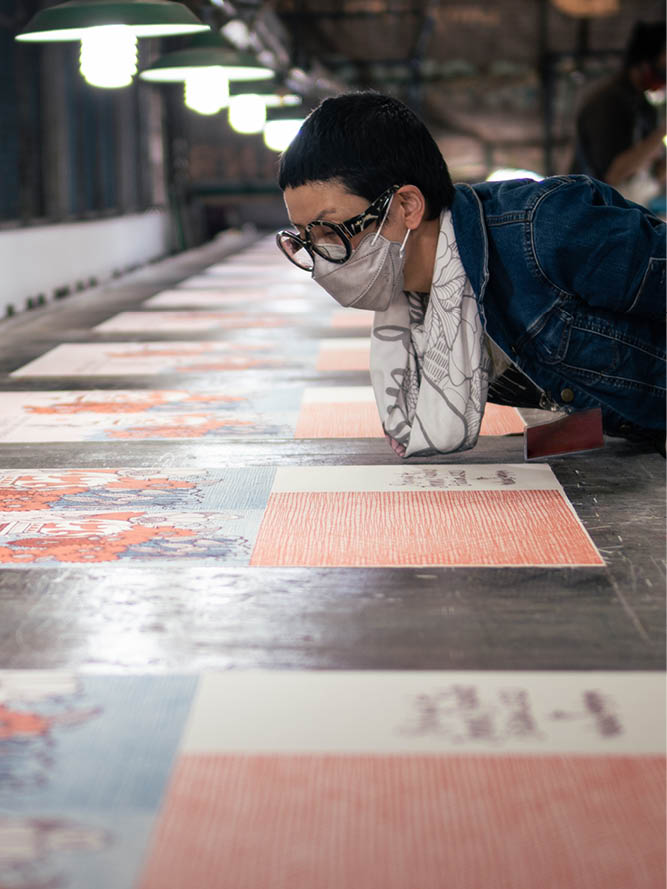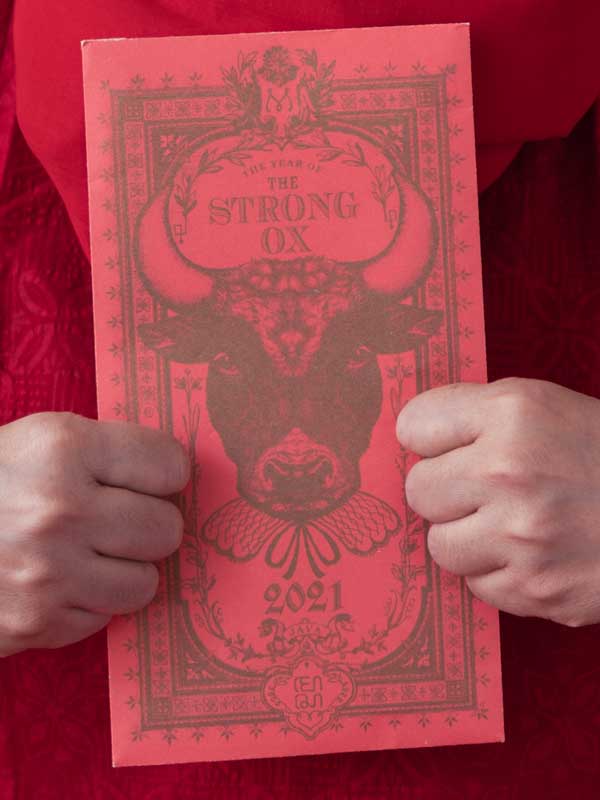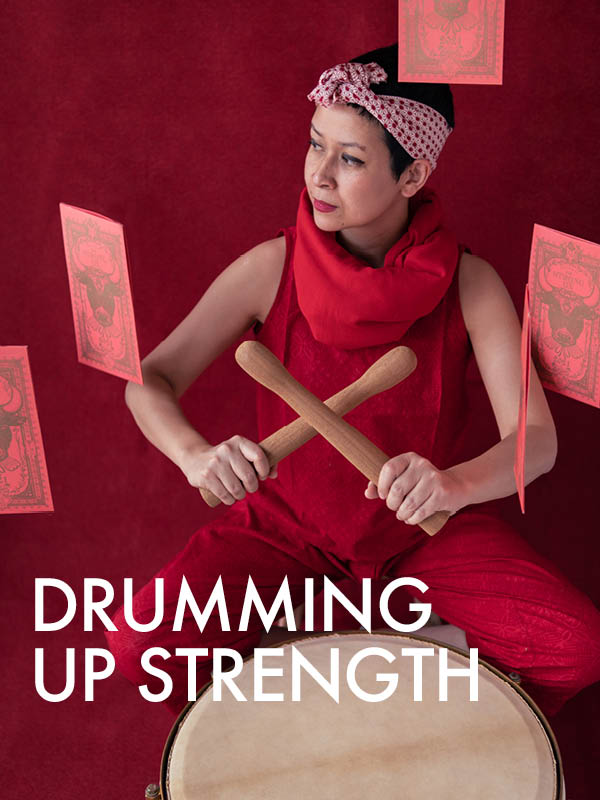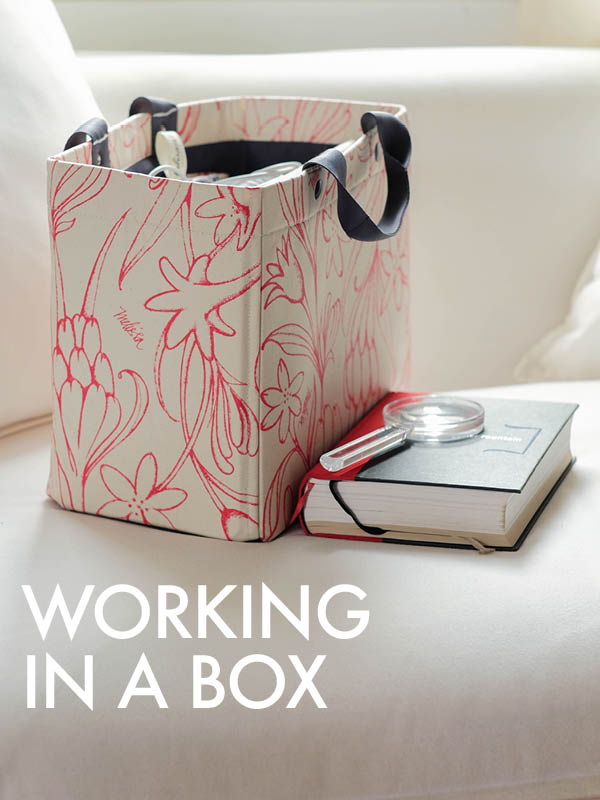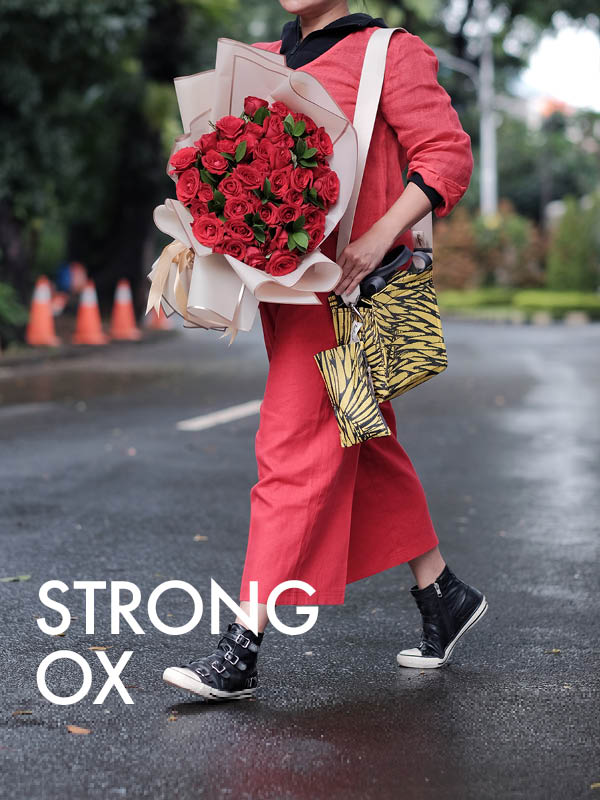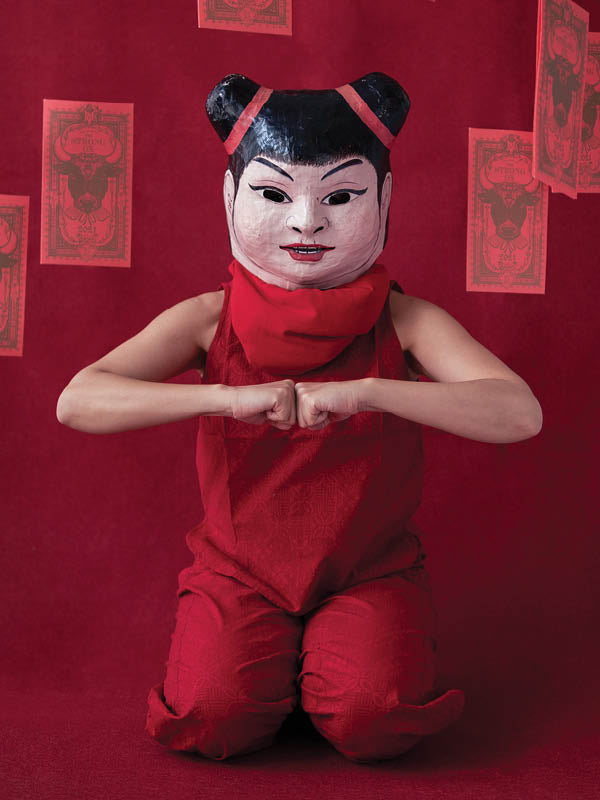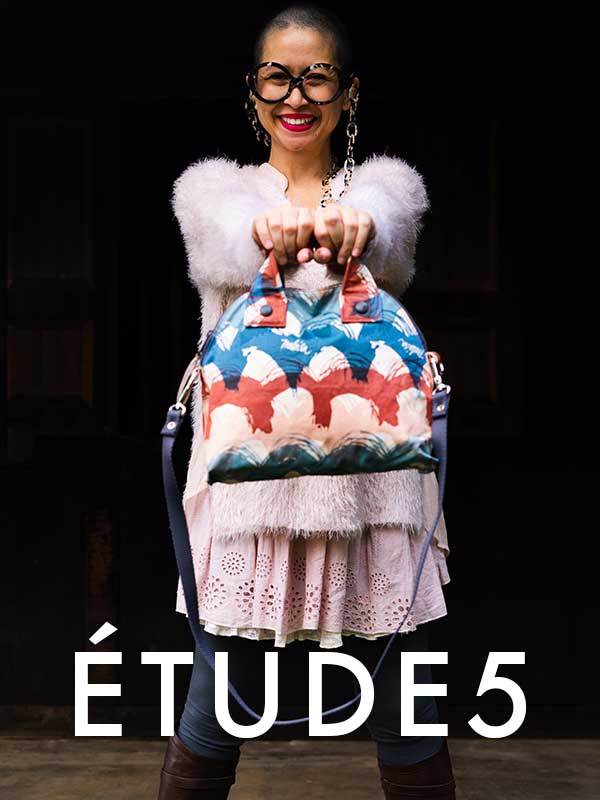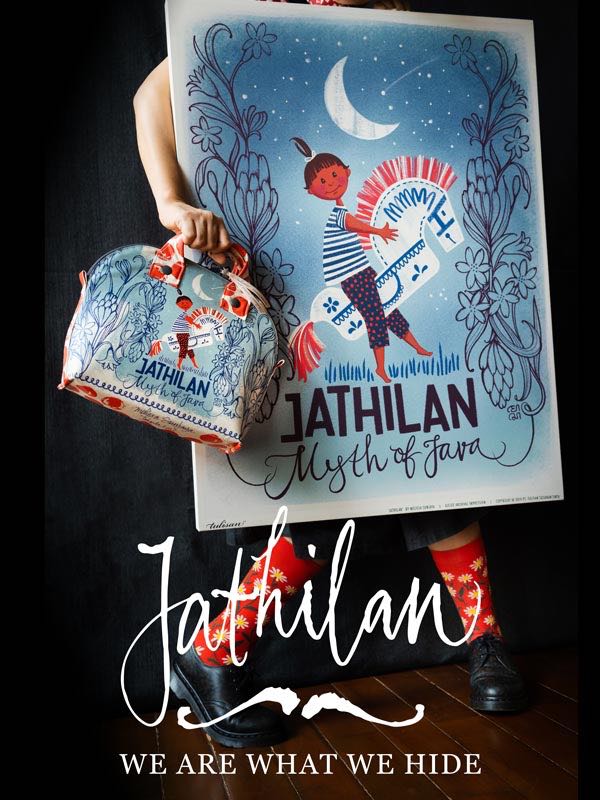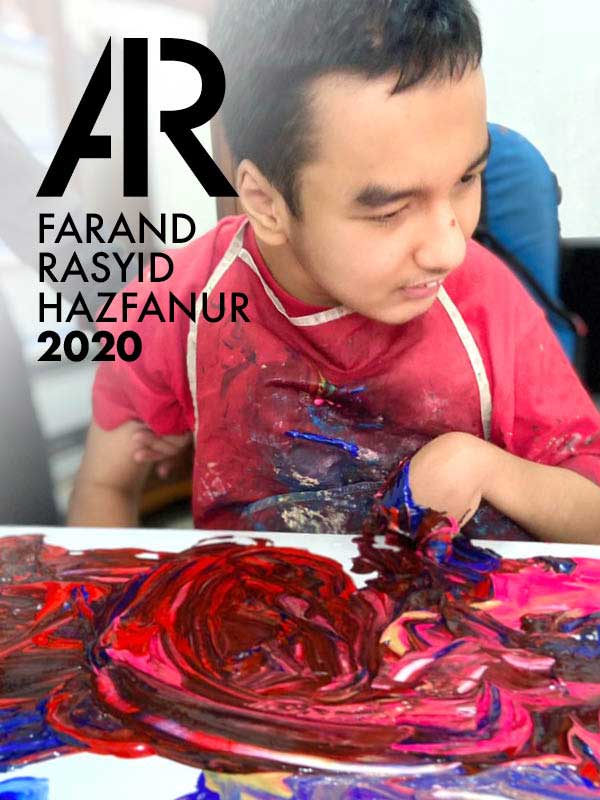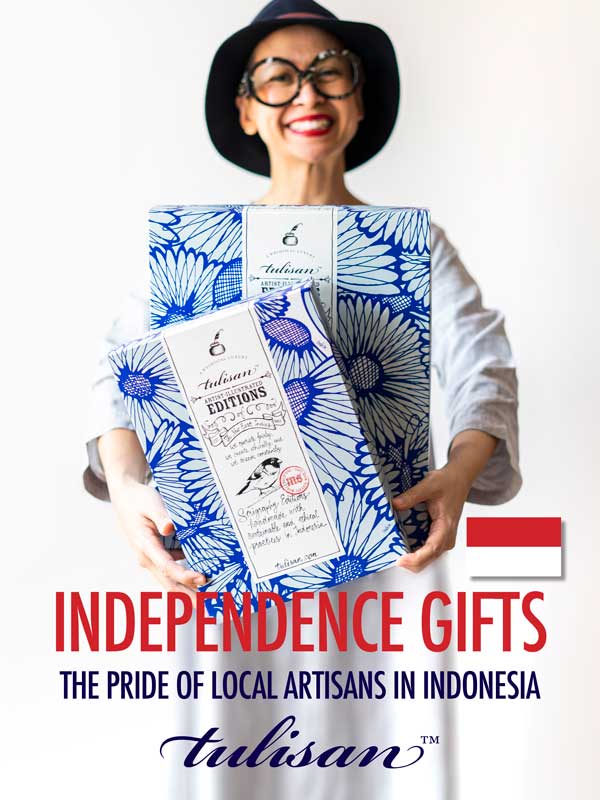 Perhaps I should start by getting what’s obvious out of the way: John Steinbeck’s East of Eden is an intimidating book. This is one of those books that we tend to acquire in roundabout ways. Maybe it was a requirement to a syllabus, or a whim indulged at a book fair. It’s the kind of book you casually thumb through and think, “I’ve heard good things about this and I should read it one of these days.” But as some 600 pages rest between its covers, it’s not something you get to right away.
Perhaps I should start by getting what’s obvious out of the way: John Steinbeck’s East of Eden is an intimidating book. This is one of those books that we tend to acquire in roundabout ways. Maybe it was a requirement to a syllabus, or a whim indulged at a book fair. It’s the kind of book you casually thumb through and think, “I’ve heard good things about this and I should read it one of these days.” But as some 600 pages rest between its covers, it’s not something you get to right away.
Having said that, this is the kind of book that once read sticks with you. It is one of those books that you could read today and get a lot out of it and then pick up in ten years and discover you enjoy it even more.
East of Eden spans 60 years (c. 1860-1920) and is at once timeless and a time capsule. It tells the semi-autobiographical tale of two families, the Hamiltons (based on Steinbeck’s own matrilineal heritage) and the Trasks (a fictional family). Through their overlapping and intertwined existences we see the biblical tale of Cain and Abel unfold alongside universal themes of free will, betrayal, love, greed, and good vs. evil.
Steinbeck began writing the book for his two young sons in hopes that it would one day teach them both about themselves and where they came from, as well as enlighten them to the tortured ways the world works. The juxtaposition of free will vs. fate courses through the text holding firmly to the plotline of each major character. The main villain, Cathy Ames, would by today’s standards be labeled a sociopath. Steinbeck introduces her with the sentence, “I believe there are monsters born in the world to human parents.” While this book is by all accounts a masterpiece, it is not without a few flaws, and I believe Cathy’s character embodies one of them. While the men grapple with the notion of free will both within the confines of their own psyches and out loud in some of the best conversations I’ve ever read, Cathy, who is central to the plot, never does. She embodies evil, arguably making the point that evil isn’t able to fathom that goodness even exists; it’s just another weakness embraced by fools. I wonder, how often do our perceptions blind us?
This brings up another interesting point. Cathy believes that goodness is a weakness and this ultimately leads to her downfall. There are several times in the book where perceived character strengths turn out to be weaknesses. Take, for example, Cathy’s twin boys Cal and Aron, whom she abandons as infants when she shoots her husband and runs away to become a madam. Cal (who if you haven’t read the book yet is a modern interpretation of the bible’s Cain) is generally hard to like and for his father harder to love, while Aron (you guessed it, the stand-in for Abel) is angelic both in stature and nature. In the end the purity of Aron’s character leads to his undoing, while Cal acknowledges his own tendencies towards evil and comes away with a deep understanding of the meaning of life, while simultaneously reaping the benefits of free will. Their own perceived strengths and weaknesses subvert themselves. This is a relatable topic as life often has a way of making you face your demons, and occasionally they turn out to be friends rather than foes. Has this ever happened to you?
There were several times when I first picked up this book that I wanted to put it down for good. I had to remind myself that when the book was written, Freud was all the rage and women’s liberation hadn’t happened yet. Idiosyncrasies aside, I couldn’t stay away for long. Steinbeck was an incredibly deft writer. Very few writers are able to make a character driven book a page-turner as well. Never one to tie everything up neatly with a bow, he perpetually engages the reader by shifting story lines and inserting his own voice into the text. The main characters (Hamilton patriarch Samuel, and my personal favorite, Cal) were so compelling that I had to see their stories through.
If you have read this book, what did you come away with? I found East of Eden to be a beautiful, sometimes tragic, often raunchy, and searingly honest comment on what should have and what ultimately does have the most meaning in life.
xx Melany Zwartjes






